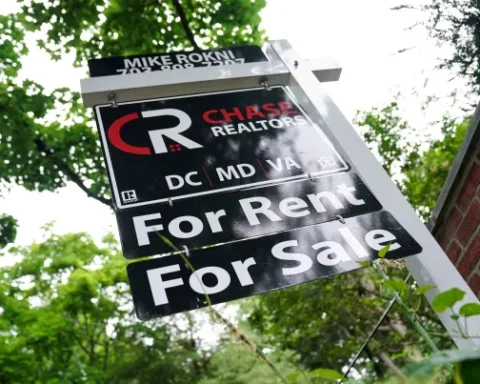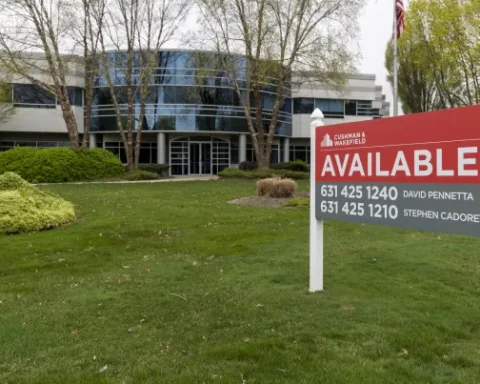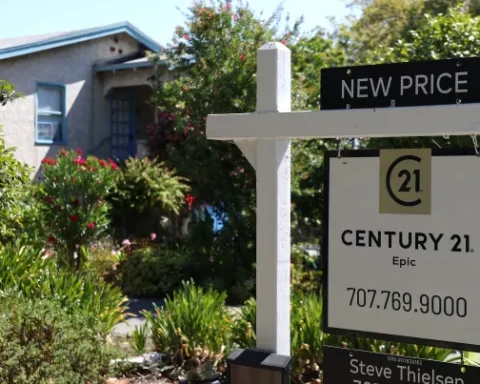Mortgage demand took a hit as interest rates sharply rose, causing both homebuyers and homeowners to hesitate. According to the Mortgage Bankers Association’s seasonally adjusted index, the total mortgage application volume fell 5.1% last week compared to the previous week, reflecting the impact of higher interest rates on the market.
Mortgage Rates Climb, Cooling Down Demand
The average contract interest rate for 30-year fixed-rate mortgages with conforming loan balances up to $766,550 rose to 6.36% from 6.14%, with points increasing to 0.62 from 0.61 for loans with a 20% down payment. This marks the highest level for rates since August. Mike Fratantoni, chief economist at the Mortgage Bankers Association, commented: “In the wake of stronger economic data last week, including the September jobs report, mortgage rates moved higher.”
Refinance Applications See a Significant Drop
Refinance applications, which had previously shown strong growth, dropped 9% for the week. Despite this, they remained 159% higher than the same period last year when mortgage rates were 131 basis points higher. “Conventional loan refinances, which tend to have larger balances than government loans and hence are more responsive for a given change in mortgage rates, fell to a greater extent over the week,” Fratantoni explained. The decrease in refinancing indicates that the surge in interest rates has cooled down the market’s previous momentum.
Stable Purchase Demand Amid Price and Inventory Challenges
While refinancing declined, mortgage applications to purchase a home remained steady, with a slight 0.1% drop from the previous week. Purchase demand is up by 8% compared to last year, but rising home prices and limited inventory, especially on the more affordable side, continue to challenge buyers. Despite lower rates than last year, the higher home prices make it more difficult for new buyers to enter the market.
Economic Data and Mortgage Rates Outlook
The increase in mortgage rates coincided with stronger-than-expected employment data, leading to a further spike last Friday. A separate survey by Mortgage News Daily noted that rates continued to rise through Monday, with the 30-year fixed-rate mortgage average reaching 6.62%. Matthew Graham, chief operating officer at Mortgage News Daily, noted, “While the worst may be over in terms of the rapid, upward movement, it will take new data to put compelling downward pressure on rates.” This suggests that future rate adjustments will heavily depend on upcoming economic indicators.
A Waiting Game for Borrowers
With interest rates climbing and the mortgage market slowing, many potential homebuyers and homeowners may adopt a wait-and-see approach. As the market adjusts to the higher rates, the potential for stabilization or even a slight decline will be closely tied to economic developments. For those looking to refinance or purchase, the timing of new economic data could be the key to more favorable conditions.







